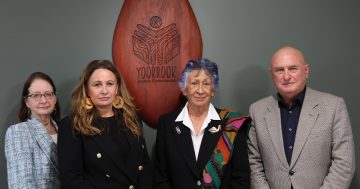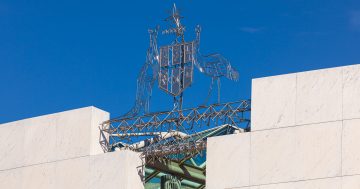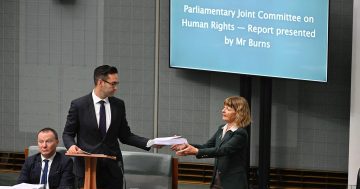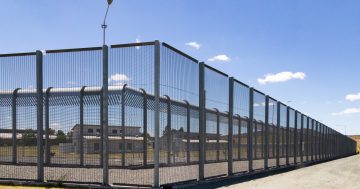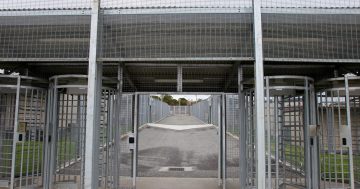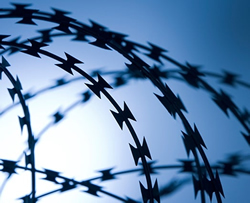 The Office of the Inspector of Correctional Services, the ACT Human Rights Commission and the ACT Ombudsman have teamed up to form the Territory’s National Preventive Mechanism to support and uphold the human rights of people in detention.
The Office of the Inspector of Correctional Services, the ACT Human Rights Commission and the ACT Ombudsman have teamed up to form the Territory’s National Preventive Mechanism to support and uphold the human rights of people in detention.
Announcing the establishment of the group, Attorney General, Shane Rattenbury said the three Agencies had been charged with supporting the country’s implementation of the United Nations’ (UN) Optional Protocol to the Convention Against Torture and Other Cruel, Inhuman and Degrading Treatment or Punishment (OPCAT).
“This group will improve human rights safeguards and protections across facilities such as the Alexander Maconochie Centre, Bimberi Youth Justice Centre and Dhulwa Mental Health Unit,” Mr Rattenbury said.
“It will help identify systemic issues for the ACT Government and form part of a national framework for oversight under OPCAT,” he said.
Mr Rattenbury said while secure facilities were a last resort, they must be safe and support the health and wellbeing needs of detainees.
“Upholding the human rights of detainees is key to achieving better outcomes in their own lives and ultimately support rehabilitation and reintegration into the community,” he said.
“The National Preventive Mechanism is an important element to the ACT’s human rights framework, providing independent oversight and prevention of torture and other cruel or degrading treatment.
“This work is particularly important for people with complex needs who are at increased risk of human rights abuses when their liberties are taken away, such as people with disability, First Nations people, LGBTQIA+ and gender diverse people.”
Mr Rattenbury said Australia ratified the UN’s OPCAT in December 2017 and the establishment of a network of National Preventive Mechanism in States and Territories supported the country’s obligations to implement the international treaty.
Minister for Human Rights, Tara Cheyne said the three Agencies making up the ACT’s multi-party National Preventive Mechanism were well placed to undertake the important role.
“They have strong knowledge and experience in oversight and monitoring for human rights compliance and anti-discrimination,” Ms Cheyne said.


